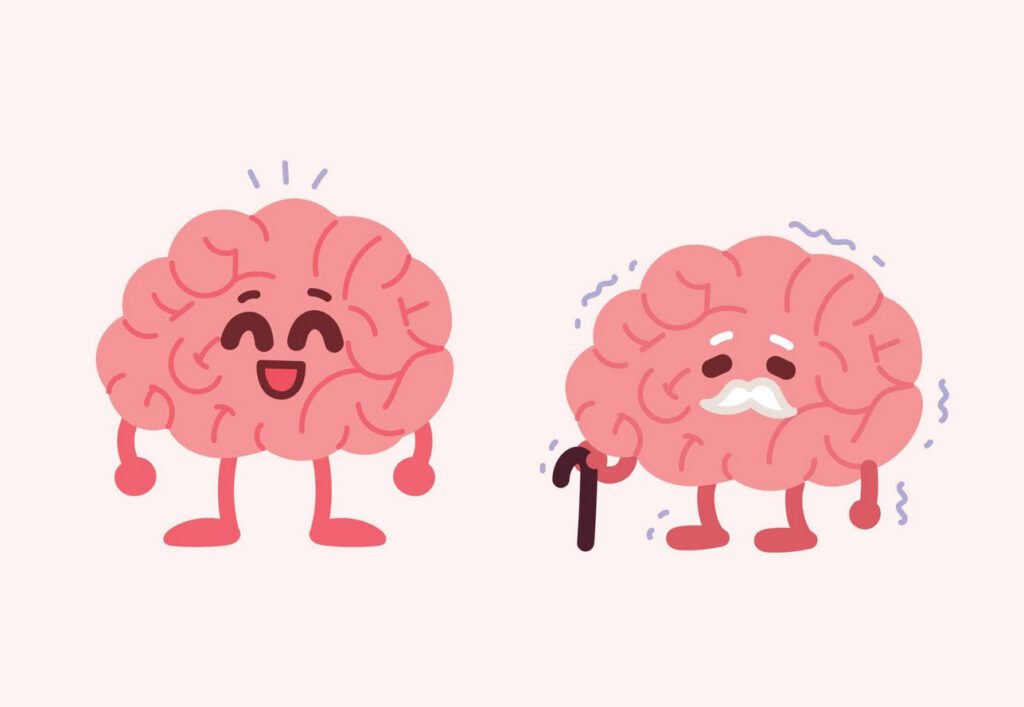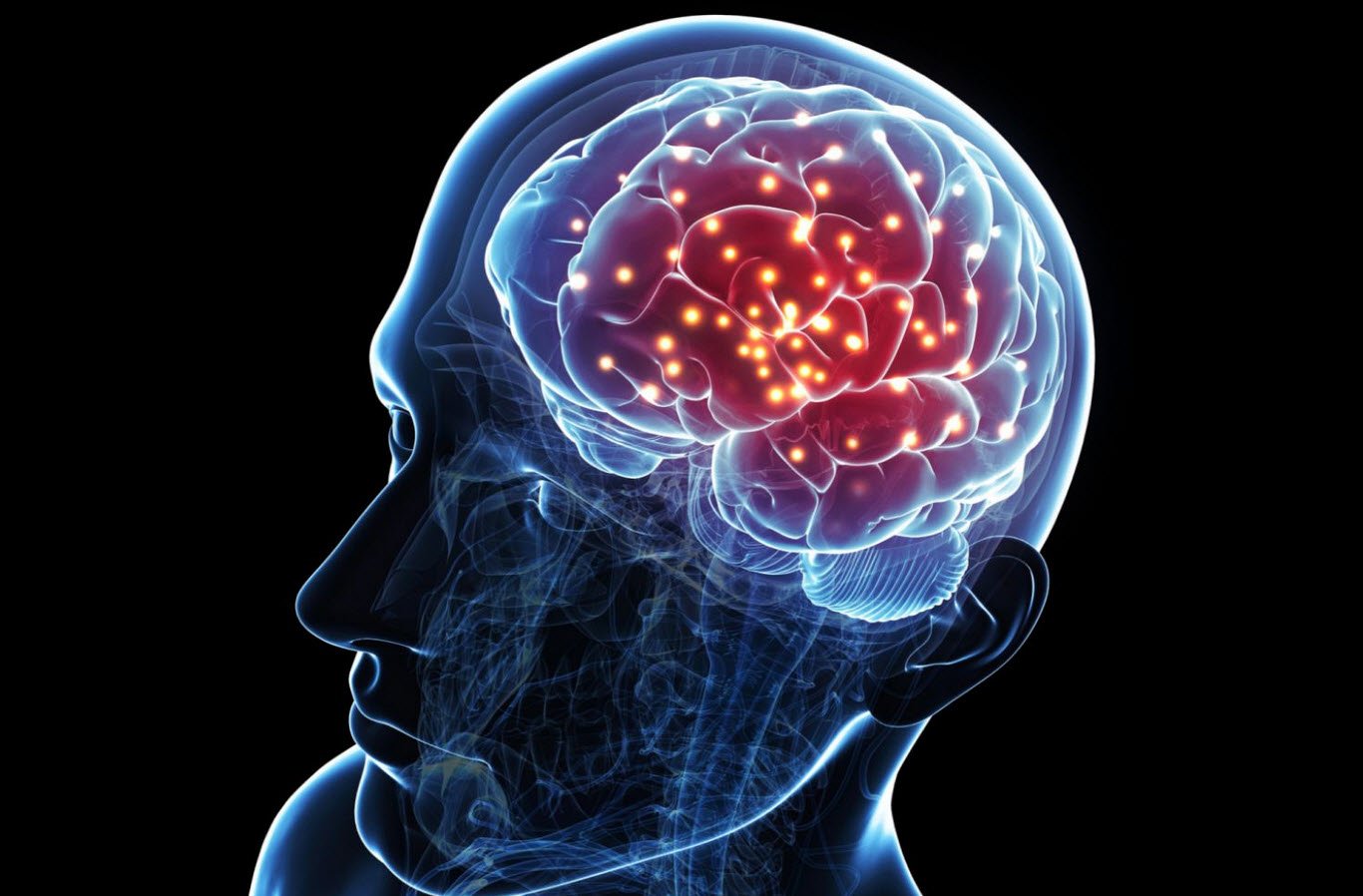
In the hustle and bustle of everyday life, it’s easy to overlook the importance of maintaining our brain health. Yet, our brain is arguably one of the most vital organs in our body, responsible for everything from controlling our movements to processing complex emotions. Just as we take care of our physical health, it’s equally crucial to prioritize the well-being of our brain.
Here are 12 effective strategies to keep your brain healthy and functioning optimally:
1. Stimulation:
Challenge your brain regularly by engaging in activities that require mental effort. Puzzles, games, and learning new skills are excellent ways to stimulate your brain and keep it sharp.
2. Exercise:
Physical exercise not only benefits your body but also has profound effects on brain health. Regular exercise promotes the growth of new brain cells and improves overall cognitive function.
3. Proper Diet:
A balanced diet rich in nutrients is essential for brain health. Incorporate foods high in protein, unsaturated fats, fruits, and vegetables into your meals to provide your brain with the fuel it needs to function at its best.
4. Safety:
Protect your brain from injury by practicing safety precautions such as wearing helmets when biking or engaging in sports and using seat belts while driving.
5. Sleep Habits:
Quality sleep is crucial for brain health. Aim for 7-8 hours of uninterrupted sleep each night to allow your brain to rest, recharge, and consolidate memories.
6. Learning:
Keep your brain active and youthful by continuously learning new things. Whether it’s picking up a new hobby, learning a musical instrument, or mastering a new language, challenging your brain with novel experiences is key to maintaining cognitive function.
7. Switch Routines:
Break out of your daily routine from time to time to keep your brain on its toes. Trying new activities or taking different routes to familiar places can stimulate different neural pathways and prevent your brain from slipping into autopilot mode.
8. Be Social:
Interacting with others is not only enjoyable but also beneficial for brain health. Socializing stimulates brain processes related to memory, cognition, and emotional regulation, while also reducing the risk of depression and cognitive decline.
9. Manage Stress:
Chronic stress can take a toll on your brain health and overall well-being. Practice stress management techniques such as mindfulness, meditation, or deep breathing exercises to keep stress levels in check and protect your brain from the harmful effects of prolonged stress.
10. Read Books:
Immersing yourself in books and engaging with written language is an excellent way to keep your brain active and healthy. Reading stimulates various regions of the brain involved in language processing, comprehension, and critical thinking, thereby reducing the risk of cognitive decline.
11. Avoid Substances:
Limit or avoid the consumption of alcohol, drugs, and tobacco, as these substances can have detrimental effects on brain health. Excessive alcohol consumption, in particular, can impair cognitive function and increase the risk of developing neurodegenerative disorders.
12. Digital Detox:
In today’s digital age, it’s essential to give your brain a break from excessive screen time. Limit your exposure to electronic devices, especially before bedtime, as the blue light emitted by screens can disrupt sleep patterns and overwhelm your brain.
Incorporating these 12 strategies into your lifestyle can help you maintain optimal brain health and cognitive function throughout your life. By taking proactive steps to care for your brain, you can enjoy improved mental clarity, enhanced memory, and overall well-being. Remember, a healthy brain is the foundation for a fulfilling and meaningful life.
You may also like:- Why Don’t People Wake Up From Their Own Snoring?
- Bottle Feeding Your Baby – A Comprehensive Guide
- The Science of Paternity Testing – A Comprehensive Guide
- Top Five Cholesterol Myths You Should Know
- Why Is Our Brain Detecting Pain But Not Feeling It?
- The 11 Best Gynecology Books – Free PDF Download
- Can You Take Calcium and Vitamin D Supplements Together? Read Here
- Taking Control Of Your Hormonal Health: What To Expect From An HRT Clinic
- Strategies for Making Physical Activities Accessible for Children with Special Needs
- ICMR’s Advisory on Tea and Coffee Consumption









This Post Has One Comment